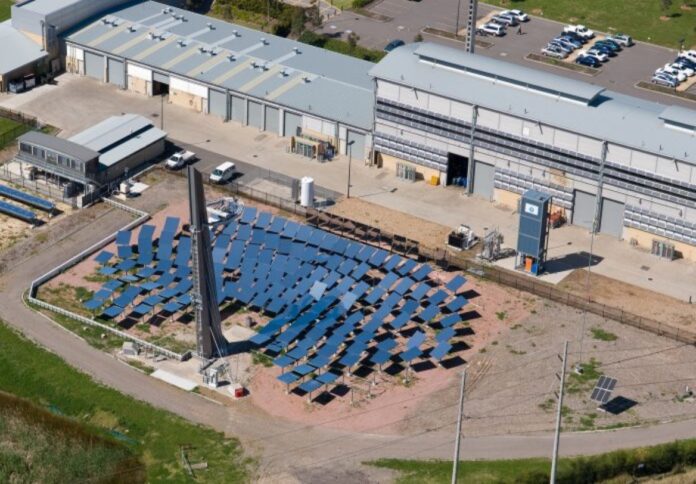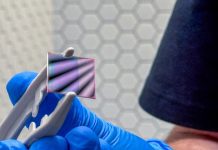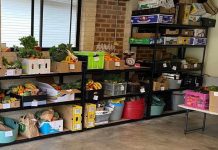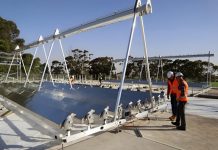
Sparc Technologies announced that Sparc Hydrogen, a joint venture between the University of Adelaide, Fortescue, and Sparc Technologies, has successfully concluded the initial phase of on-sun prototype testing at the CSIRO Energy Centre in Newcastle, New South Wales.
The ASX-listed company said this marks a significant milestone for Sparc Hydrogen, as it represents the first-ever demonstration of their photocatalytic water splitting (PWS) reactor outside the confines of a laboratory setting.
The primary objectives of this phase were to elevate the technology readiness level (TRL) of Sparc Hydrogen’s PWS reactor from 4 to 5 and to generate crucial data for the design of a pilot plant reactor.
Multiple trial runs during the testing phase resulted in the production of hydrogen gas, underscoring the viability and promise of the technology.
Additionally, the testing revealed key insights leading to modifications in the reactor design, shaping the blueprint for future iterations of the PWS reactor.
Sparc Technologies expressed gratitude for the support received from the CSIRO Kick-Start Program, a pivotal initiative designed to assist innovative Australian start-ups and small businesses by providing access to CSIRO’s research expertise and capabilities.
The financial backing facilitated the prototype testing and aligned with Sparc Hydrogen’s commitment to advancing clean energy technologies.
Sparc Technologies Executive Chair Stephen Hunt expressed satisfaction with the completion of the recent round of prototype testing with Sparc Hydrogen partners, including The University of Adelaide, Fortescue, and Flinders University, at the CSIRO Energy Centre.
Hunt highlighted the value of the data and insights gained from the on-sun trials, emphasising its importance in enhancing reactor design as the technology scales toward a pilot plant.
“Completion of this test work is a significant milestone, not only for Sparc Hydrogen, but more widely for the advancement of photocatalytic water splitting, a next generation green hydrogen production technology which does not require capital intensive electrolysers, nor solar or wind farms,” Hunt noted.
Looking ahead, Sparc Hydrogen said it plans to undertake another round of prototype testing at the CSIRO Energy Centre, tentatively scheduled for the first half of 2024.
Simultaneously, the company has engaged an external consultant to conduct a pre-FEED (Front-End Engineering Design) study for a pilot plant.
The selected location, in close proximity to Adelaide, forms the basis of this study, set to conclude by the end of 2023.
The study encompasses a comprehensive concept flowsheet design, equipment selection, cost analysis, and risk assessment for the pilot plant, which, if commissioned, would elevate the technology readiness to TRL 6.
The outcomes of this study will play a crucial role in grant applications and lay the groundwork for detailed design and engineering in 2024.




















